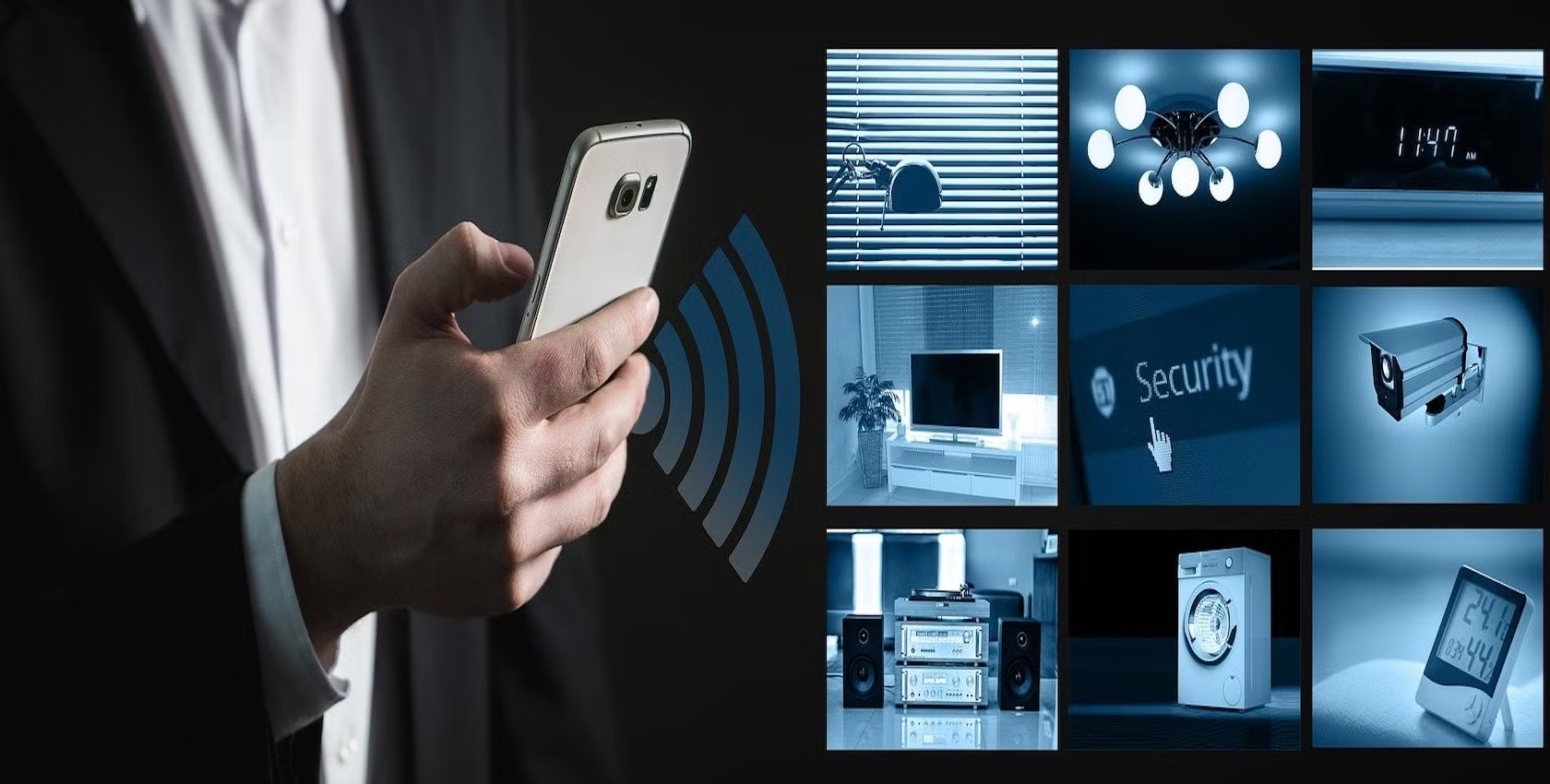
Are Smart Home Devices Putting Your Privacy at Risk?
The rise of smart home technology has transformed how people interact with their living spaces. From voice-controlled assistants to smart thermostats and security cameras, these devices offer unprecedented convenience. With just a simple command, users can adjust lighting, lock doors, or monitor their homes remotely. However, as homes become more connected, the risk of personal data exposure grows.
Many smart devices collect, store, and share data, often without users fully understanding how their information is being used. Companies that manufacture these products claim to prioritize security, yet reports of data breaches, hacking incidents, and unauthorized surveillance continue to emerge. This raises concerns about how much privacy people are sacrificing in exchange for convenience.
This article examines the privacy risks associated with smart home devices, shedding light on the vulnerabilities they pose. It explores the types of data being collected, potential security threats, and the ways users can protect themselves. Understanding these risks is the first step toward making informed decisions about smart home technology.
How Smart Devices Collect and Store Data
Smart home devices function by gathering data from users and their surroundings. Sensors, microphones, and cameras record interactions, while cloud services store this information for analysis. Companies use collected data to refine user experiences, improve AI algorithms, and sometimes for targeted advertising.
One of the primary concerns is how this data is managed. Many smart home products require users to create accounts, linking their personal details to the device. While encryption and security measures exist, the storage of sensitive information on remote servers makes it vulnerable to cyber threats. If companies fail to implement strong protections, personal data can fall into the wrong hands.
Additionally, some smart devices continuously listen for voice commands, raising concerns about unintended recordings. For example, smart assistants may activate by mistake, capturing private conversations. Without clear policies on data retention, users may be unaware of how long their voice data is stored or who has access to it.
The Risks of Unauthorized Access and Hacking
Security flaws in smart home devices make them attractive targets for hackers. Weak passwords, outdated software, and unencrypted connections create entry points for cybercriminals looking to exploit vulnerabilities. Once a hacker gains control, they can access cameras, disable alarms, or manipulate smart locks.
Cases of hacked security cameras have been reported, where unauthorized users gained access to live feeds. In some instances, hackers have used compromised cameras to spy on homeowners, leading to serious privacy violations. Other attacks involve smart thermostats or lighting systems being remotely controlled to disrupt users’ daily routines.
Beyond individual devices, compromised smart home networks can expose a homeowner’s entire digital ecosystem. If an attacker infiltrates a smart hub or router, they can potentially access connected computers, smartphones, and even financial information stored on the network.
Data Sharing and Third-Party Access
Many smart home companies rely on third-party services for cloud storage, voice recognition, or app functionality. When users agree to the terms and conditions of a smart device, they may unknowingly grant permission for their data to be shared with outside organizations.
This becomes a concern when third parties use collected data for targeted advertising or sell it to marketers. While some companies offer privacy settings that limit data sharing, not all users are aware of how to adjust these settings. Even when data is anonymized, patterns in user behavior can still be analyzed to infer personal details.
Government agencies have also shown interest in smart home data. In legal cases, law enforcement has sought access to recorded voice commands and security footage. This raises questions about whether smart devices could be used as surveillance tools, potentially compromising user privacy.
Smart Assistants and Voice Data Collection
Virtual assistants like Amazon Alexa, Google Assistant, and Apple Siri have become common in modern homes. While these tools offer convenience, they also collect vast amounts of voice data. Users may not always realize that their commands are stored, analyzed, and sometimes reviewed by human employees.
The biggest concern is how this data is used. Voice recordings may contain sensitive details about a user’s personal life, daily routines, or even financial transactions. If stored insecurely, this information could be accessed by cybercriminals or misused by companies.
Even if voice data is encrypted, privacy risks remain. Some smart assistants have been reported to activate unintentionally, capturing conversations without user consent. For those who rely on these devices regularly, understanding and managing voice data settings is essential for maintaining privacy.
The Role of AI in Smart Home Privacy
Artificial intelligence enhances the capabilities of smart home devices, making them more responsive and personalized. AI-powered security cameras can recognize faces, smart thermostats learn preferred temperature settings, and virtual assistants adapt to user habits. While these features improve functionality, they also require continuous data processing.
The more data a device collects, the more sophisticated its AI becomes. However, this also increases the risk of misuse. If AI algorithms store too much personal information, they could create detailed user profiles that companies or third parties may exploit.
Transparency in AI data usage is often lacking. Some companies provide limited details on how AI models learn from user interactions. Without clear guidelines, users have little control over how their personal information is utilized in automated decision-making processes.
Protecting Privacy in a Smart Home
Despite the risks, users can take proactive steps to safeguard their privacy when using smart home devices. One of the simplest measures is adjusting device settings to limit data collection. Many smart devices allow users to disable voice recordings, restrict data sharing, or enable stronger authentication methods.
Choosing devices from reputable brands with strong security policies can also reduce risk. Manufacturers that prioritize end-to-end encryption and regular software updates offer better protection against cyber threats. Users should also be mindful of default passwords, changing them to complex combinations to prevent unauthorized access.
For added security, setting up a separate Wi-Fi network for smart devices can isolate them from personal computers and sensitive data. Using two-factor authentication and monitoring device activity through companion apps can further enhance digital safety.
Are Smart Homes Worth the Risk?
Smart home technology continues to evolve, offering both convenience and challenges. While these devices simplify daily tasks and provide automation, they also introduce new privacy concerns. The decision to integrate smart technology into a home requires balancing benefits with security risks.
Understanding how data is collected and used is essential for making informed choices. Users who prioritize security and adjust settings accordingly can still enjoy the advantages of smart technology while minimizing potential privacy threats. As companies improve their privacy policies and cybersecurity measures, smart homes may become safer without compromising personal information.
Those considering smart home devices should weigh the risks carefully, stay informed about privacy updates, and take necessary precautions to protect their digital footprint. While the future of smart homes is promising, ensuring that privacy remains a priority will be crucial for widespread adoption.







